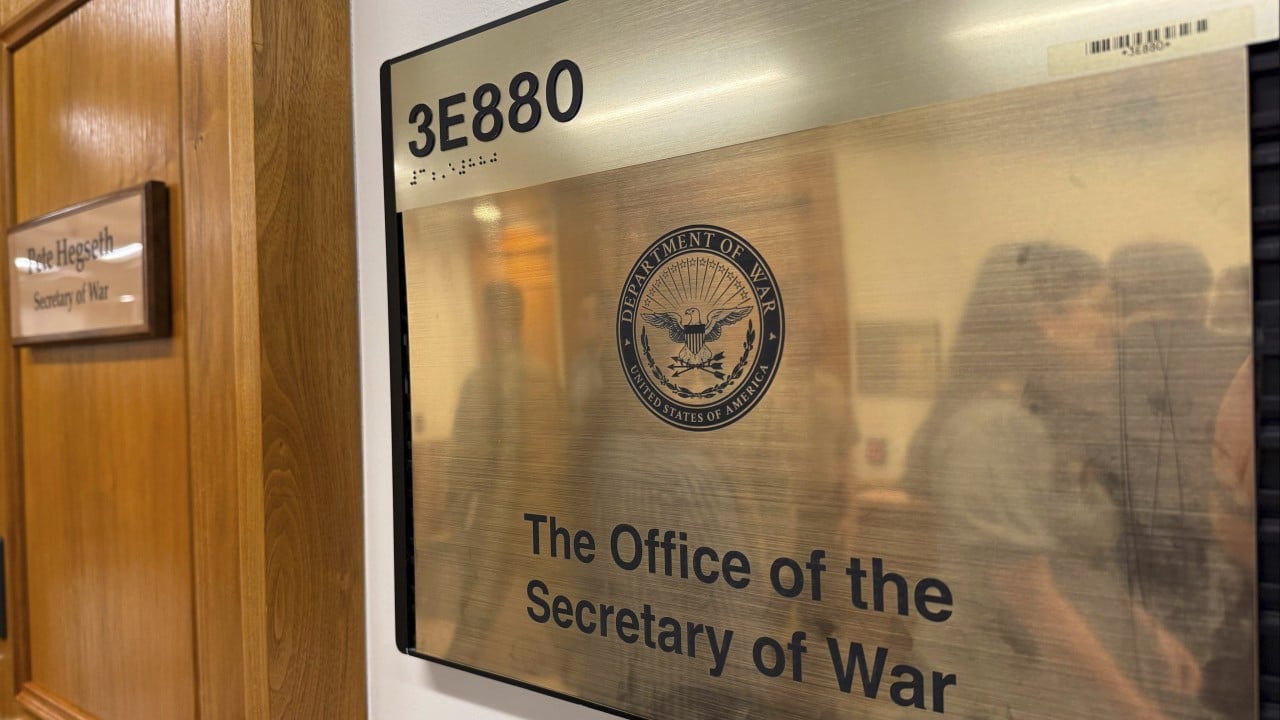US President Donald Trump has ordered that the Department of Defence be renamed the Department of War, harking back to pre-1947 America. This is puzzling, to say the least. A name change will simply cause administrative disruption, burdening the Pentagon’s bloated bureaucracy with no meaningful improvements in military performance.
Advertisement
Across a sprawling bureaucracy of more than 2 million people, every logo, document, website, plaque and building sign would have to be updated. Up to billions of dollars could be spent, not on training, modernisation or better support for service members, but on paperwork and cosmetic changes.
The renaming aims to project toughness and a “warrior ethos”. Trump’s team spoke of returning the US military to its “core mission”: to fight and win wars. If this is indeed the real intention, one has to worry about the deterioration in US military thinking. The language surrounding the Department of War emphasises offence, maximum lethality and “violent effect”. This, sadly, reflects a way of thinking increasingly out of step with the 21st century.
To speak openly of a war department undermines America’s moral standing. It validates critics who accuse Washington of clinging to hegemony by force rather than adapting to an era of multipolarity and interdependence.
That said, there is a need to speak about an institutional overhaul in the US defence establishment. The world’s largest and most sophisticated military has a notoriously unwieldy governing structure. The Pentagon sits atop a sprawling hierarchy that includes the defence secretary, Joint Chiefs of Staff, service branches and a global network of combatant commands.
Advertisement
In theory, this system reflects America’s commitment to civilian oversight and balanced authority. In practice, it often produces duplication, rivalry and inertia. Decisions have to travel through layers of review and compromise. Service chiefs compete for budgets and prestige, sometimes prioritising parochial interests.

